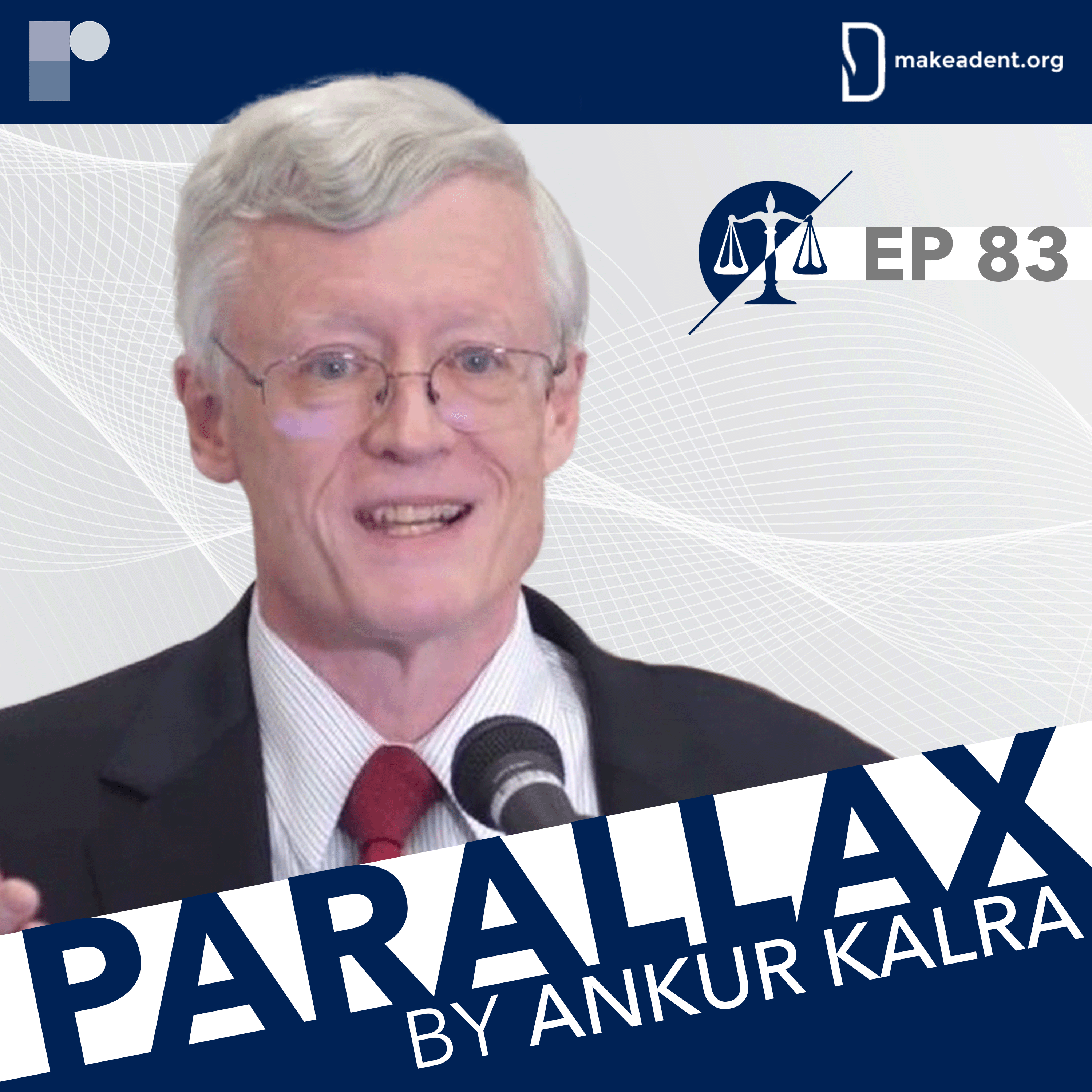
“The hospitals like things just the way they are. It gives them almost complete immunity for any peer reviews, good faith, or bad faith, that they conduct against a physician.”
The Health Care Quality Improvement Act of 1986 considers accused physicians to be guilty of the charges unless and until they can prove their innocence. Over the years many hospitals abused the peer review system to extort and silence competent physicians.
Dr Lawrence Huntoon, Editor-in-Chief of the Journal of the Association of American Physicians and Surgeons, returns for a deep dive into the topic of the hospital peer review system.
In this second episode of our medico-legal series, Dr Kalra invites Dr Huntoon for an overview of the key terminologies and processes of the hospital peer review system.
Dr Huntoon summarises some of key actions you can take as a physician to prepare and defend yourself. We learn more about different sham peer review tactics through recent cases. Dr Huntoon shares his thoughts on what we can do to create a just system and better future for practicing physicians.
What do you need to know about hospital investigations? What is the difference between OPPE and FPPE? How can you get educated on hospital bylaws and processes?
Get involved with the work of AAPS and access more free-to-access resources on this topic: aapsonline.org
Questions and comments can be sent to “podcast@radcliffe-group.com” and may be answered by Ankur in the next episode.
Guest: Dr Lawrence R Huntoon Host: @AnkurKalraMD Produced by: @RadcliffeCARDIO.

In this rich and insightful discussion, Dr Kittleson talks about the origins of famous #kittlesonrules, a collection of tips for doctors shared on Twitter, and her thoughts on mentorship. We learn more about Mastering the Art of Patient Care. Dr Kalra and Dr Kittleson discuss strategies for managing difficult situations in patient care.

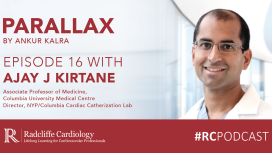
Ajay also talks about how he has negotiated between competing priorities in clinical and academic work, and how he manages fatherhood with a busy career. Ahead of the American Heart Association Scientific Sessions 2019, Ajay also shared what he thinks we can expect from the highly anticipate ISCHEMIA trial. Submit your question to Ankur via: podcast@radciffe-group.com.
Hosted by @AnkurKalraMD. Produced by @RadcliffeCARDIO.
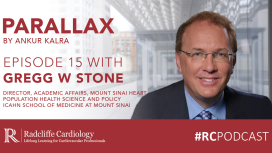
Gregg also shares his tips on how to progress from clinical practice to academic research, and what it takes to be a successful clinical investigator. Finally, Gregg shares with Ankur what personality traits he looks for in mentees and why presenting a final project is not enough. Submit your question to Ankur via: podcast@radciffe-group.com.
Hosted by @AnkurKalraMD. Produced by @RadcliffeCARDIO.
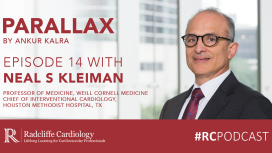
Digging more into the practicalities of everyday work-life, Neal reflects on the challenges of reporting to multiple bosses who have different goals, and how geography enabled him to move between cathlab and academia. Neal also shares what he looks for in early career academic cardiologists. Submit your question to Ankur via: podcast@radciffe-group.com.
Hosted by @AnkurKalraMD. Produced by @RadcliffeCARDIO.
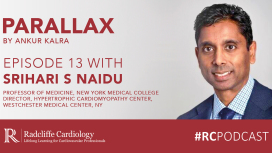
Ahead of TCT 2019, Ankur and Hari also talk about which trials presented in San Francisco they are most excited about! Submit your question to Ankur via: podcast@radciffe-group.com. Guest @SrihariNaiduMD.
Hosted by @AnkurKalraMD. Produced by @RadcliffeCARDIO.
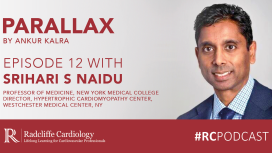
Having recently applied for the programme himself, Ankur also speaks with Hari about the history, purpose and future of the Society for Cardiovascular Angiography and Interventions (SCAI) Emerging Leader Mentorship (ELM) Fellowship Programme. Submit your question to: podcast@radciffe-group.com. Guest @SrihariNaiduMD.
Hosted by @AnkurKalraMD. Produced by @RadcliffeCARDIO.





